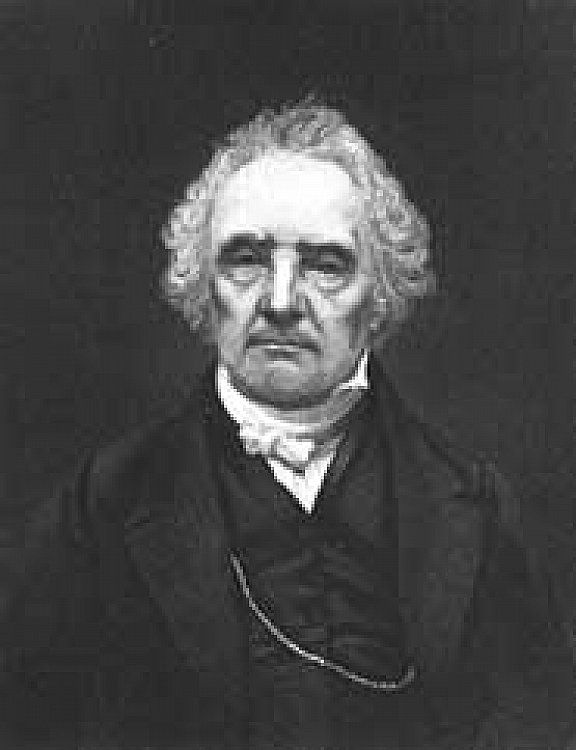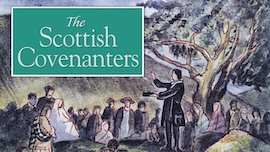The Free Church of Scotland Separated from the State Church

When the Free Church of Scotland formed, Thomas Chalmers was a leading supporter.
IN THE FIRST HALF of the nineteenth century, a serious rift developed in the Church of Scotland. At the time the church was state-supported, and many ministers—like other government bureaucrats before and since—wanted to do as little work as possible while holding as much authority as they could. As a result, they resisted Sunday schools, religious instruction to the industrial poor, and missions—all things that an evangelical minority of churchgoers were urging. Rather than have the church help the poor, the “Kirk” insisted the state do it.
Perhaps the most annoying provision of the existing arrangement was that rich patrons were allowed to appoint ministers for local congregations. Many parishes protested having ministers forced on them. In the General Assembly of the Church in 1834, the evangelical party secured passage of a “veto act” which stated that churches could reject a minister who was sent to them. But later that same year, when the parish at Auchterarder argued against the imposition of a clergyman they considered ungodly, the courts and the House of Lords overturned the veto act, causing an uproar throughout Scotland.
Parliament could not be persuaded to change the law in favor of the local churches. Within a decade the crisis came to a head. On this day, 18 May 1843, Dr. David Welsh, the moderator of the General Assembly of the established church, read a statement of protest and walked out. Over four hundred and seventy ministers renounced the established church with him and united in forming the Free Church of Scotland.
The Free Church elected Thomas Chalmers as their first moderator. They intended to operate independently of the state, with members funding its ministry, buildings, and good works. “We own no head of the Church but the Lord Jesus,” said Chalmers.
Chalmers was the ideal choice for moderator of the new denomination. He had experienced a spiritual transformation in 1810 after reading William Wilberforce’s Practical View of the Prevailing Religious Systems of Professed Christians, and he became zealous for the cause of Christ. He organized poor relief, supported the “veto act,” evangelized areas hard hit by industrial overcrowding, and created Sunday schools to teach the poor to read.
One of his first tasks as moderator was to find a way to pay the ministers of the Free Church. He determined that if each parishioner gave just a few pennies a week, there would be enough to provide each pastor a livable stipend. He threw his immense energy into the scheme, and the plan was so successful that the ministers were supported with an even higher income than he had predicted. Chalmers also helped establish a system of schools for Free Church parishioners. The Free Church became such a success that it even impacted the Church of Scotland, which eventually adopted similar operating practices.
—Dan Graves
----- ----- -----
The Scottish Covenanters gives more background on the rich faith heritage of the Scots. Watch at RedeemTV
The Scottish Covenanters can be purchased at Vision Video







